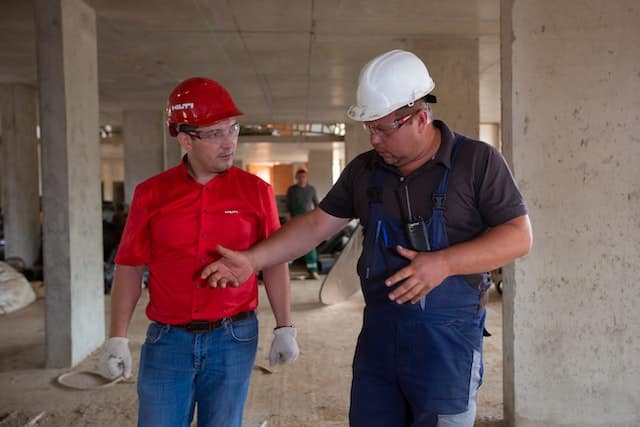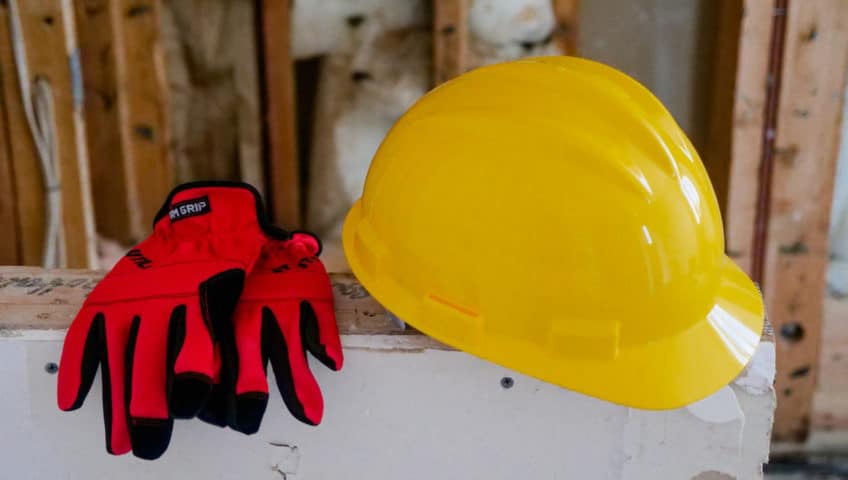Many established businesses often overlook the importance of platforms like ISNetworld®, Avetta®, and Veriforce®, assuming they're only relevant to newer companies. However, these platforms offer significant benefits for businesses of all sizes, regardless of their tenure.
Enhance Your Business with ISNetworld®, Avetta®, and Veriforce®
Are you looking to increase your visibility, improve your reputation, and streamline your business operations? Consider leveraging the power of platforms like ISNetworld®, Avetta®, and Veriforce®.
These industry-leading platforms offer a centralized hub for contractors and suppliers, allowing you to showcase your safety records, certifications, and qualifications to a vast network of potential clients. By being listed on these platforms, you can:
- Expand your reach: Increase your visibility to a wider range of potential clients.
- Build trust: Demonstrate your commitment to safety and compliance.
- Streamline processes: Simplify the pre-qualification process and save time.
- Access valuable resources: Stay informed about industry trends and connect with other professionals.
Learn more about the ISNetworld® Platform
Contact Industrial Compliance & Safety today for professional compliance assistance with industry-leading certification platforms.














